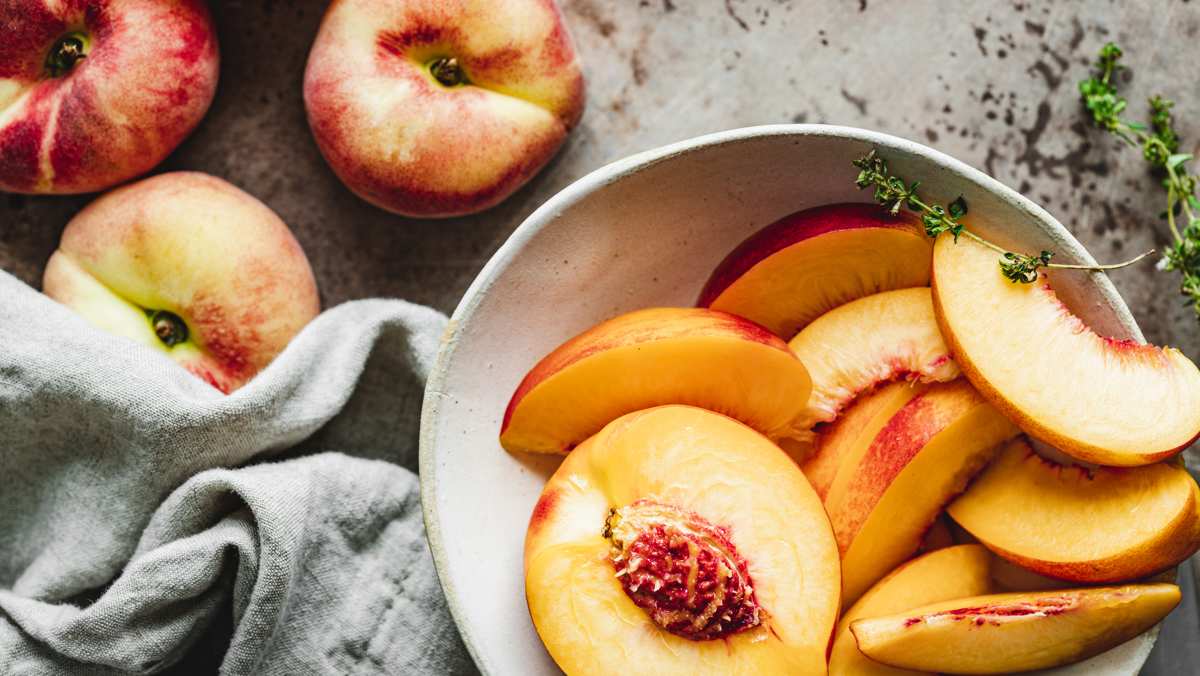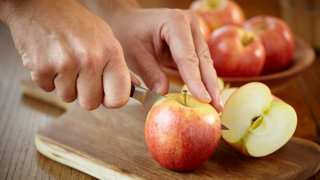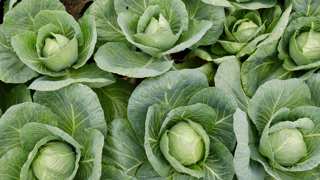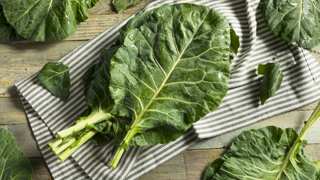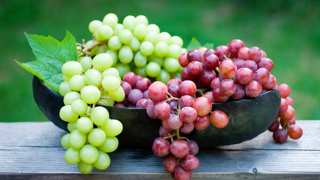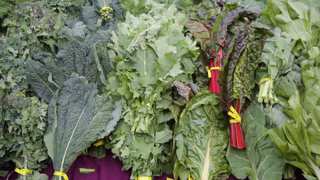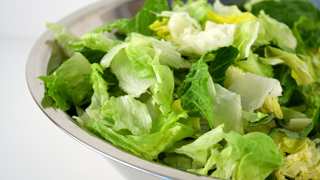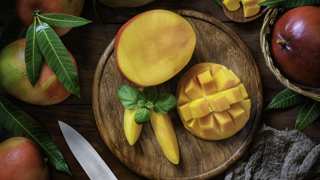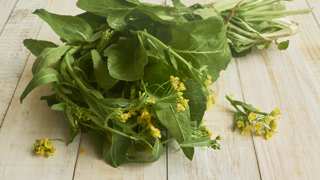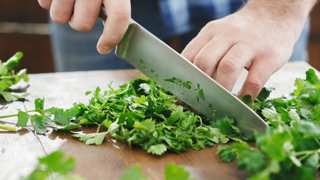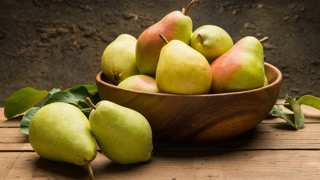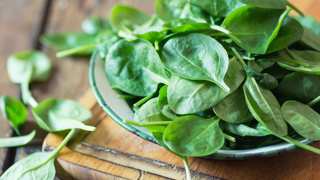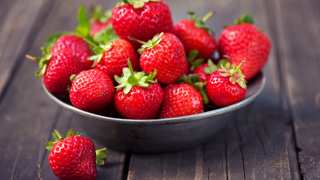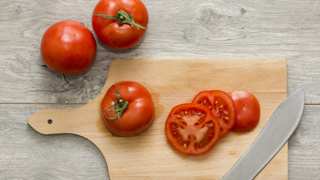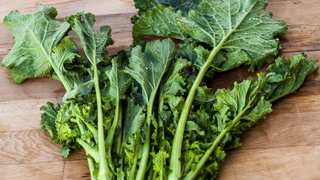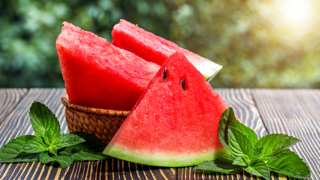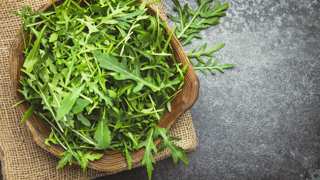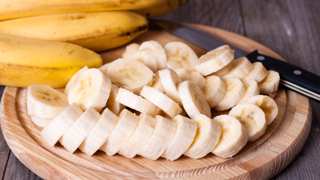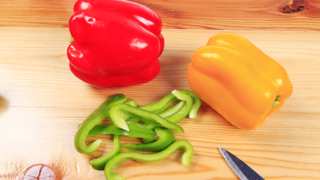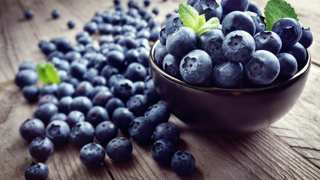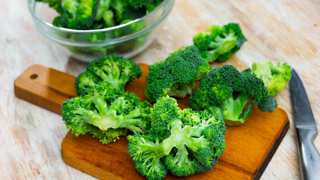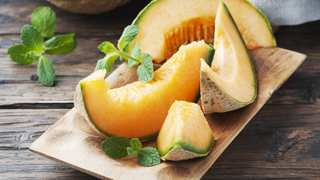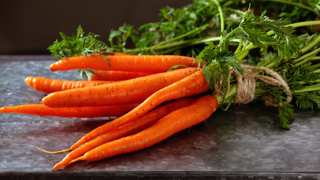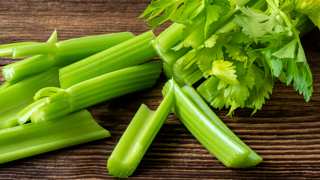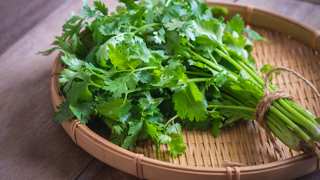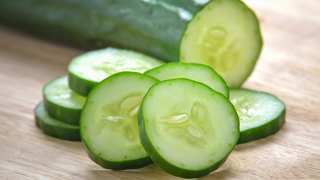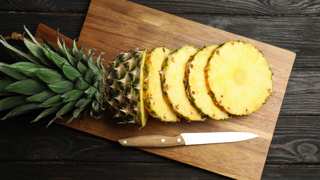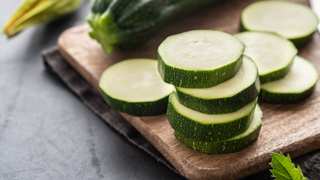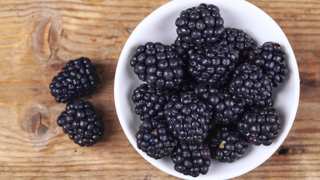Peach Nutrition
Below is the reptile nutrition label for peaches. We created this label using information provided by the USDA and other reputable sources.
PeachesPer 100g Serving
Peach Health Concerns
Peaches have a few major health concerns that make them a food you should avoid feeding your dragon.
High AcidityPeaches may taste sweet, but they are actually very acidic. Peaches have an average pH value of 3.7 which is too acidic for bearded dragons. Foods with a low pH can cause mouth inflammation and stomach discomfort.
Moderate Sugar ContentA 100g serving of peaches contains 8g of sugar, which is a moderate amount. Since peaches provide few nutritional benefits this level of sugar is simply unnecessary. Some foods recommended for beardies contain more sugar than peaches, but those foods provide significant nutritional benefits which help offset the sugar content.
Poor Calcium to Phosphorus RatioPeaches have 3x more phosphorus than calcium. If you've read our guide to identify healthy fruits you would know this makes peaches a high risk food since the excess phosphorus in peaches will block calcium from other foods.

